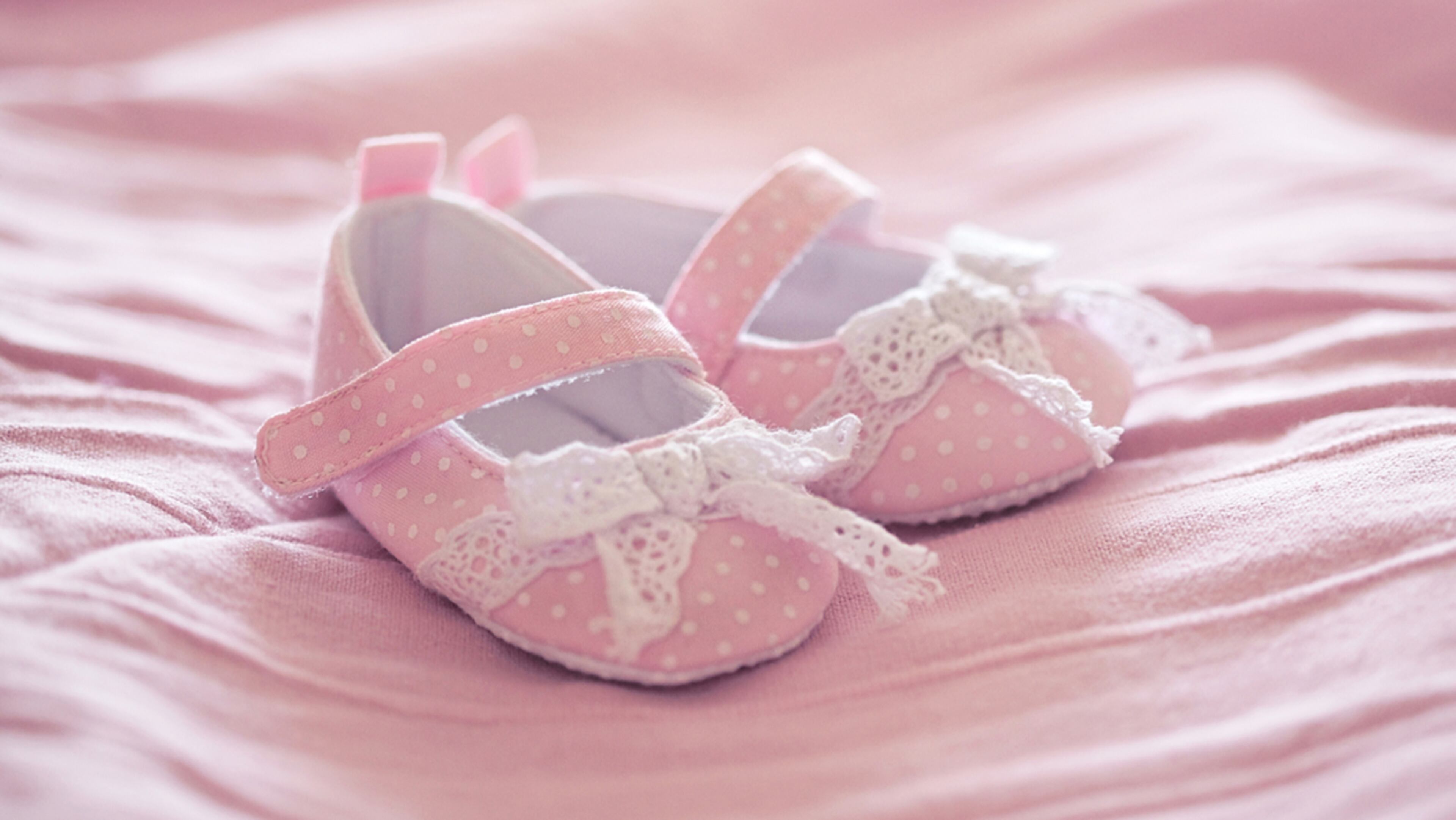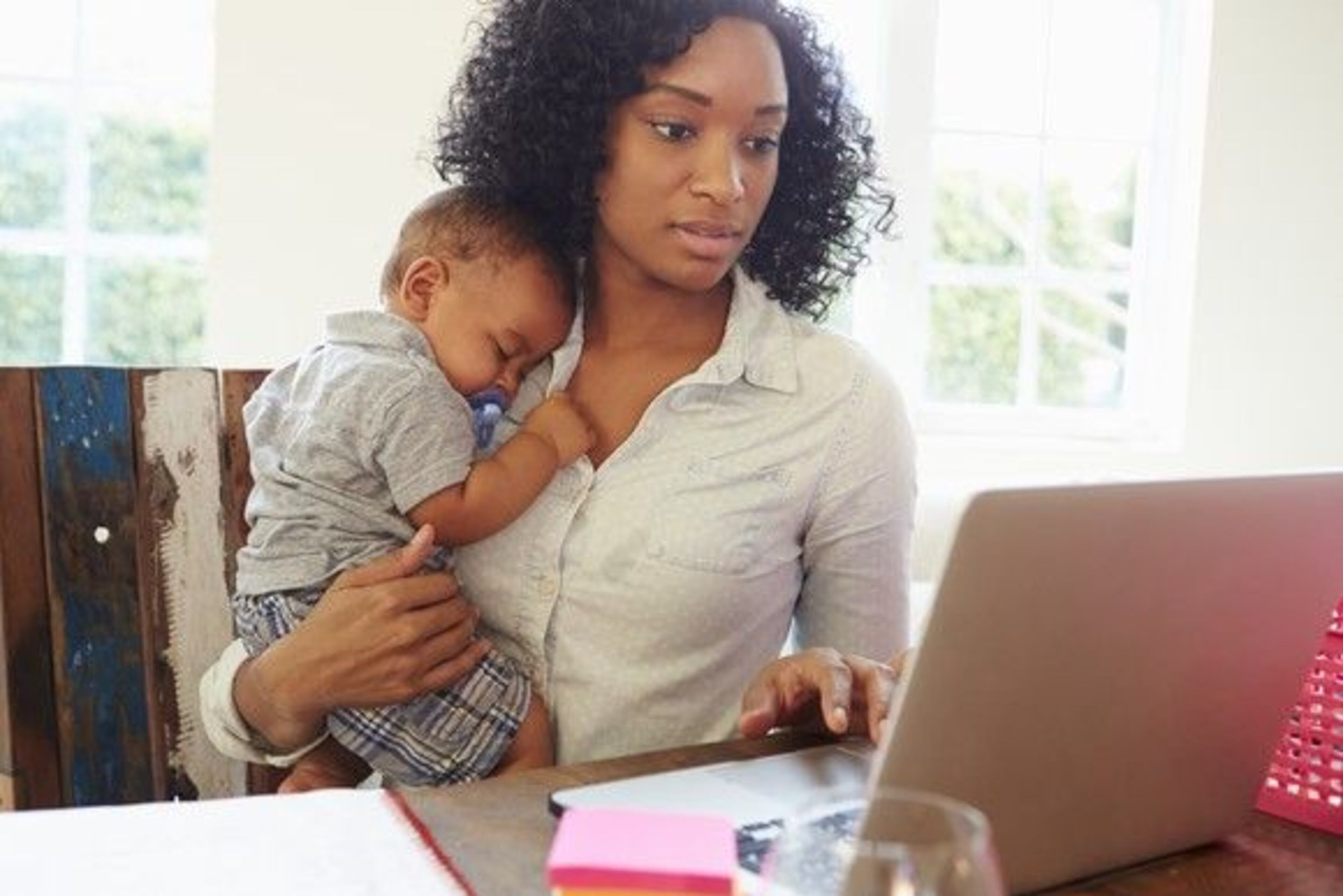When should my child take those much-anticipated first steps?
Your child's first steps are a time of great anticipation and excitement, but you might also wonder if he or she is taking too long to reach this important milestone.
Here's what you need to know about when your child should be taking his or her first steps:

When do most children start walking?
Most babies start to take their first steps when they're between 9-12 months old, and most are walking well at around the 14- to 15-month mark, according to BabyCenter. The important part to remember is "most," since like many other things, each child can reach this milestone at his or her own pace. Some babies develop perfectly normally and yet don't walk until they're 16 or 17 months old.
When should you be concerned?
Some kids simply walk earlier than others, but as relatives keep asking, "Is she walking yet?" you might be getting anxious. You should pay attention to your child's "quality" of movement instead of only considering how old they are when they start walking, a professor of pediatrics told Today's Parent. So a 15-month-old who actively crawls but hasn't started to walk yet is probably fine, but another child who moves in a stiff or floppy way warrants a visit to the pediatrician.
You should also adjust your expectations if your child was born prematurely and adjust their age to take this into account. That means if your 13-month-old was born eight weeks prematurely, he may be hitting expected milestones about two months later than his age would indicate.
You should also observe your child for signs of the following, Lisa Rivard, a pediatric physiotherapist, told Today's Parent: having equal use of both sides of the body, getting in and out of a sitting position unassisted, crawling on the hands and knees (as opposed to scooting around on his bottom), starting to pull himself up to stand or walk while holding onto furniture (cruising) and taking weight on both legs with flat feet while you're supporting her torso.
These actions are all signs that your child has a good foundation for walking and that there's probably not an issue. But if you have any concerns, talk to your child's pediatrician.
How can you encourage your child to walk?
As long as your child seems ready to walk and you've ruled out any issues, the following tips from Parents.com and NewKidsCenter.com can help you encourage your child to take those first steps. Keep in mind, though, that each child is different, and your child may just decide to walk when he or she is ready.

Carry your child less often – Some parents get into the habit of carrying their child a good bit, which cuts down on their opportunities to walk.
Encourage play at different positions and levels – Set up cushions for your child to scramble over or kneel down on the ground to play and encourage him to do the same. This helps them learn how to shift their weight and also develop strength, balance and coordination.
Put your child down in a standing-up position – As long as your child has a safe place to "land," try to put him down into a standing position rather than sitting him down after you've been holding him.
Ditch the socks and shoes – As long as you're on a safe surface at home, try letting your child walk barefooted. Bare feet can grip surfaces more easily than socks or shoes and won't slip like some socks can.
Try push or pull toys – These can make it easier for your child to pull himself up while providing some help with balance. Don't use a walker, though – the American Academy of Pediatrics says they're unhelpful and also dangerous.

